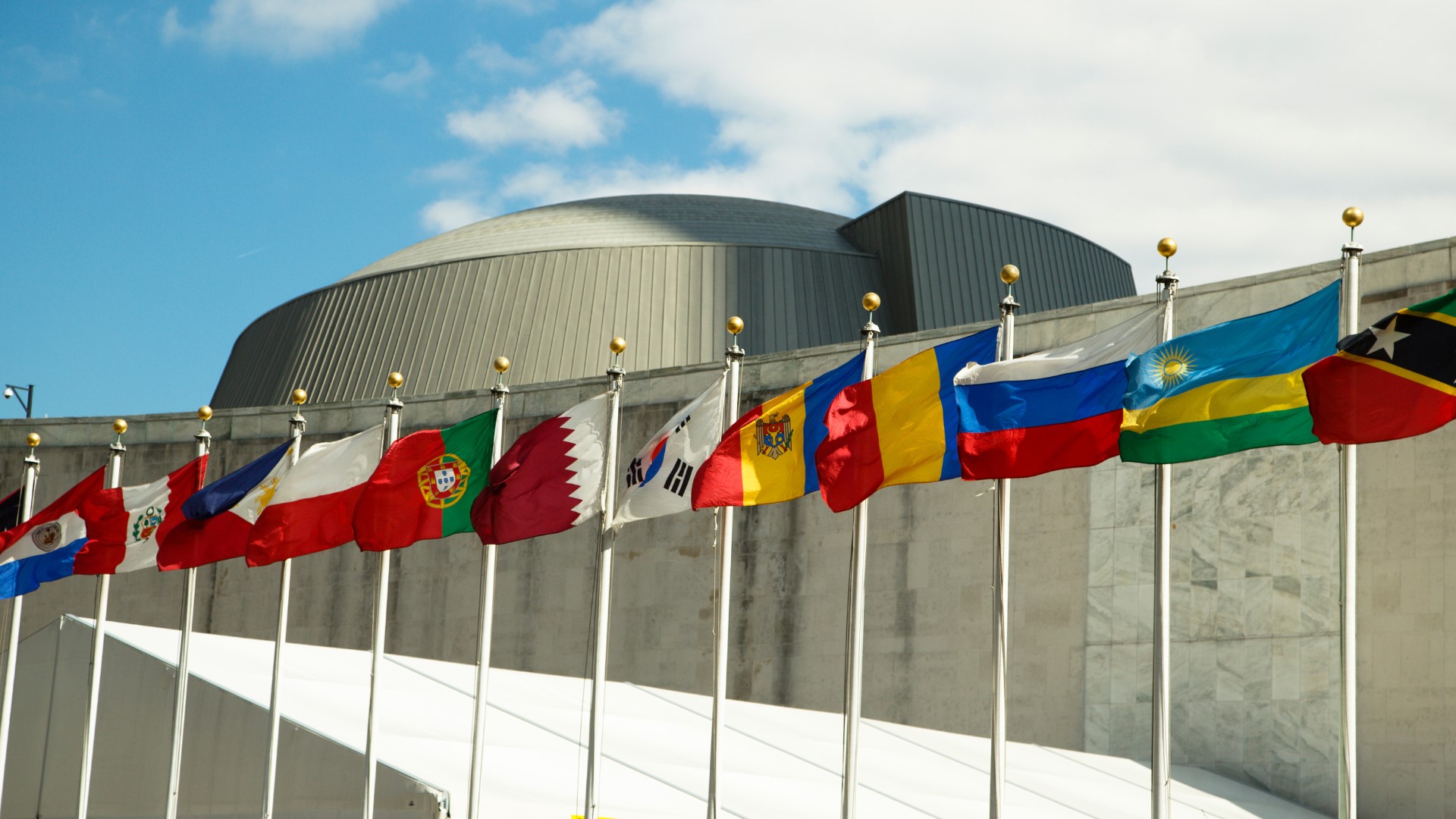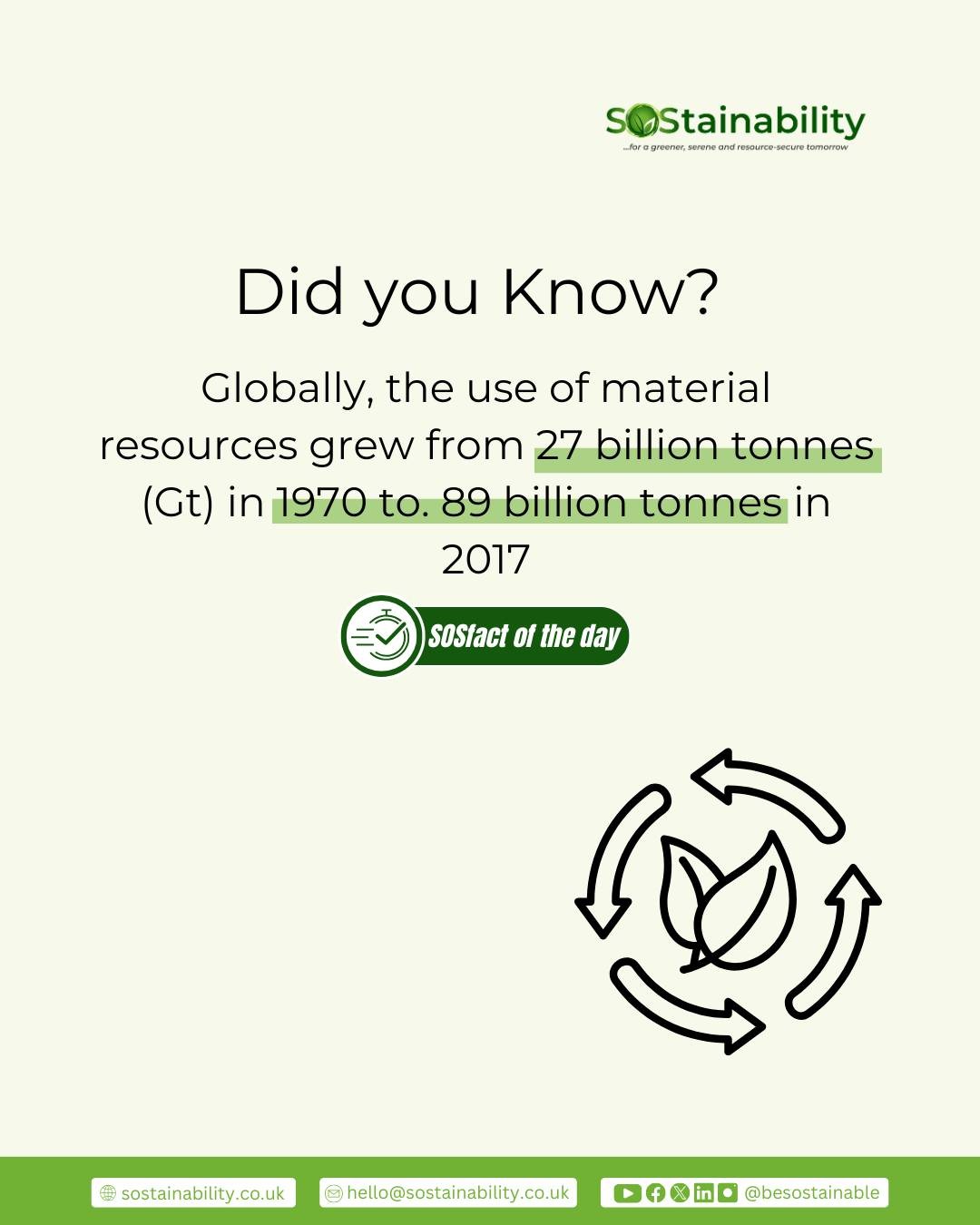
20 Nov Why the COP30 Climate Summit Matters for Our Future
What Is the COP30 Climate Summit, and Why Does It Matter?
The COP30 climate summit is the 2025 United Nations Conference of the Parties under the UNFCCC, and it is taking place in Belém, Brazil. Known as the political heart of the Amazon, Belém offers a powerful backdrop for a meeting focused on safeguarding the planet’s most important carbon sinks and biodiversity hotspots. COP meetings gather nearly 200 countries to negotiate global climate action, assess progress, and agree on next steps for the Paris Agreement.
COP30 is more than an annual diplomatic gathering. It is the first major UN climate meeting after the 2023–2025 Global Stocktake, the global assessment that revealed how far the world still is from meeting the Paris targets. This means all countries are expected to arrive with stronger plans, clearer pathways, and a willingness to turn negotiations into implementation.
With the Amazon under growing pressure from deforestation, forest fires, and new oil exploration approvals, the location is symbolic. It positions Brazil at the center of the conversation about ecological protection, carbon markets, and nature-based climate solutions. The country’s environmental leadership, combined with its contradictions, adds urgency and visibility to the COP30 agenda.
Why COP30 in Brazil Marks a Critical Turning Point
COP30 is widely seen as a turning point because it marks the beginning of what many call the “Implementation Era.” After years of negotiations, pledges, and declarations, countries must now demonstrate real progress. The Global Stocktake confirmed rising emissions, weakening carbon sinks, and a narrowing pathway to 1.5°C. As a result, COP30 will test whether the world can shift from political ambition to tangible delivery.
Brazil’s role is one of the summit’s defining features. As home to much of the Amazon rainforest (containing about 60 percent of it), the country holds global influence over climate stability, biodiversity, and carbon storage. Its decisions on forest protection, renewable energy, and fossil fuel expansion will shape credibility in the negotiations. The tension between commitments to protect the Amazon and the recent approval for new oil exploration near the Amazon basin is already a point of global scrutiny.

The summit’s atmosphere is also shaped by renewed public mobilisation. Thousands of protesters have marched outside the venue carrying symbolic coffins marked Oil, Coal, and Gas. They have demanded urgent action on fossil fuels, land rights, and climate justice. This is the first time since 2021 that protests have been permitted directly outside a COP venue, and the visible pressure from indigenous groups, youth movements, and global activists signals growing frustration with slow progress.
Protests have intensified into direct confrontations, with some demonstrators breaking through security barriers. While negotiations continue, these scenes underscore a central message of COP30: people on the climate frontlines feel decisions must shift from negotiation to action. For policymakers and businesses watching from around the world, the lesson is clear; climate diplomacy is no longer confined to conference rooms. It is now closely monitored, challenged, and shaped by public accountability.
What’s on the Agenda for COP30: From Carbon Markets to Loss and Damage
The formal agenda of COP30 revolves around translating unresolved elements of the Paris Agreement into operational systems. One central topic is Article 6, which governs international carbon markets. Countries are expected to refine rules for carbon credit integrity, transparency, and safeguards to prevent double counting. These decisions will influence how companies and countries trade emissions reductions and how carbon market activity contributes to real global mitigation.
Another critical area is climate finance. Many developing countries are still waiting for funds promised years ago, especially for adaptation and loss and damage. COP30 is expected to push for predictable finance, stronger reporting standards, and new mechanisms to support climate-resilient infrastructure and low-carbon transitions.
Loss and damage continues to carry emotional and political weight. Even with a fund established, questions remain: Who pays? How much? Through what channels? And how will funds reach vulnerable communities quickly? These debates will shape trust in the process and determine whether the summit advances justice-focused outcomes.
The presence of a record number of fossil fuel lobbyists has added tension to discussions on phasing down fossil fuels. Many delegates see COP30 as a test of whether global negotiations can prioritise the planet over entrenched economic interests. The slow progress recorded in the first week has amplified concerns that negotiations risk falling behind the urgency of climate science.
What COP30 Means for Developing Nations and Climate Finance
Developing nations view COP30 through the lens of equity, finance, and survival. Many of them face increasing climate hazards, floods, heatwaves, crop failures, while navigating economic constraints and limited access to climate finance. For these countries, the summit is an opportunity to push for predictable funding, capacity support, and technology partnerships that make ambitious climate plans possible.
But the process remains unequal. Countries with large delegations and year-round negotiating teams dominate the discussions, while small or resource-constrained nations struggle to keep pace. The presence of thousands of lobbyists and large corporate groups further shifts negotiation power, raising concerns about whose interests shape the final outcomes.
For African, Asian, and Latin American nations, COP30 is expected to clarify future climate finance architecture. If finance becomes more accessible, transparent, and tailored to local needs, developing countries will have a stronger foundation for nature restoration, clean energy growth, and adaptation planning. If it does not, the gap between climate ambition and climate reality will widen.
Businesses and governments monitoring these talks should prepare for new frameworks that link climate finance to policy reform, risk disclosure, carbon pricing, and resilience investments. COP30 is likely to influence future loan structures, public budgets, national climate plans, and private-sector climate strategies.
How COP30 Could Shape Business Strategy and National Policy
Policies emerging from COP30 will guide how countries set emission targets, regulate industries, and access global finance. Governments may revise national climate plans, adjust fiscal policies to support low-carbon industries, and adopt stricter rules on reporting and disclosure. Businesses, especially those in energy, agriculture, transport, and finance, will need to align with new international standards that grow out of Article 6, climate finance reforms, and supply chain transparency.
Carbon market rules may reshape investment flows into nature-based solutions, renewable energy, and emissions reduction technologies. Better frameworks for verification and accountability could increase investor confidence while penalising low-quality credits. At the same time, rising pressure from citizens and climate-vulnerable communities will challenge businesses to demonstrate genuine environmental integrity, not symbolic compliance.
A Moment for Clarity, Accountability, and Courage
COP30 arrives at a moment when the world needs decisive action more than ever. Protests outside the venue remind delegates that patience is running out, and communities on the frontlines are demanding more than promises. With the Global Stocktake revealing deep gaps and the Amazon’s future hanging in the balance, this summit must move global climate action from negotiation to implementation.
For countries and businesses, the message is the same: credibility depends on transparency, measurable progress, and inclusive decision-making. If COP30 delivers clarity on carbon markets, strengthens climate finance, and rebuilds trust in the process, it could become a milestone for climate accountability. The world is watching for courage, not delay, and the decisions made in Belém will influence climate action for years to come.
About SOStainability
At SOStainability, we specialize in guiding businesses, communities, and organizations to successfully integrate sustainability and responsible climate action into their strategies. We offer consultations tailored to your unique needs, helping you drive positive change that benefits both your bottom line and the world around you. Whether you’re looking for sustainability assessments, ethical marketing strategies, or tailored training, our team is here to support your journey.
For consultations or business inquiries, please reach out to us at hello@sostainability.co.uk.



No Comments